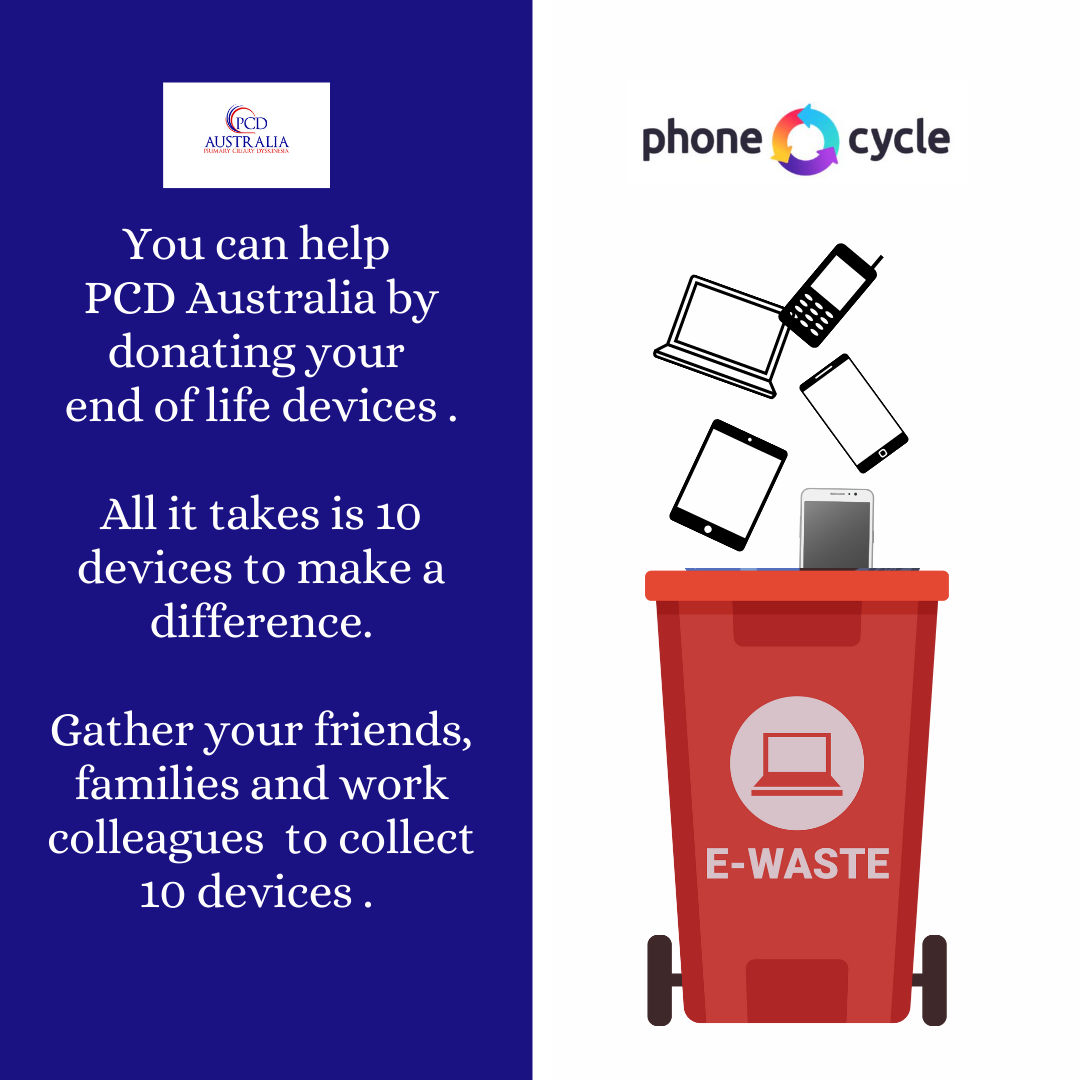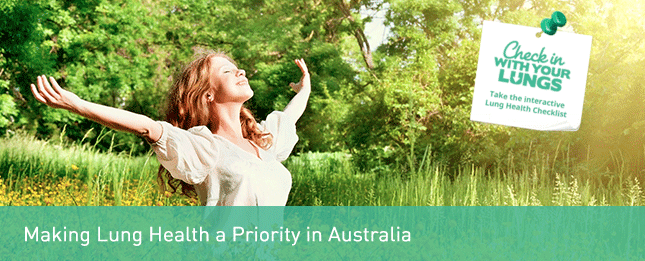You Don't Know What You Know Until You Ask … So We Did
PCD Australia recently circulated a Listening Survey to gain a greater understanding about the PCD community's needs and what they want PCD Australia to focus on.
While this number of people who completed the survey was a little disappointing, we did gain some valuable insights. Most responses were from parents while around 25% were from people with PCD.
SUMMARY of FINDINGS
Clinical care was the number one issue and the PCD community wants PCD Australia to "work closely with clinicians, allied health professionals, nurses and researchers to provide exceptional service and continue to drive new and innovative patient outcomes".
Respondents saw the need to raise the profile of PCD and gain national awareness. Public relations social media and marketing were seen as useful profile raising and advocacy tools. This was supported by the need for PCD Australia to become a subject matter expert for government, industry and the media.
Advocating for the best drugs and treatments was high on the agenda. International research collaborations were seen as a way to ensure the best gains are achieved in the fastest time and funds are not wasted through duplication.
Clinical improvement programs and services like standard of care, conferences, peer reviews and a data registry were seen as a high priority and this validates PCD Australia’s current work on Standards of Care and community conferences and information events.
The burden of PCD in both the treatment and financial sense can be overwhelming so it was not surprising that "support(ing) PCD families and individuals through services" and the provision of "limited monetary support to cover the cost of items such as gym memberships, equipment, parking and supplements" was supported by over 38% of respondents.
A financial commitment to research received strong support while the community expected PCD Australia to "create innovative and enduring funding streams and manage finances and Board governance effectively".
Long term partnerships with corporates, the media, philanthropic trusts and foundations were seen as appropriate ways to support PCD Australia’s coffers. Pleasingly, the community wants PCD Australia to communicate on a regular basis.
The Listening Survey also asked some poignant questions designed to tease out where issues in treatment, care and understanding may exist.
DIAGNOSIS
When asking about diagnosis the responses were many and varied. From the adult population time to diagnosis could be in excess of 30 years and described as "gruelling", "scary" and "very difficult".
When parents talked about their child’s diagnosis, the duration was significantly shorter, and two respondents said the clinical support was "amazing" and "very straight forward". This is an indicator that things have definitely improved over the years and that early diagnosis is crucial for both physical and mental health.
PCD Australia’s Strategic Plan identifies timely diagnosis as a key issue and will advocate for faster diagnosis, better access to diagnostic tools and clinician and GP education.
GREATEST FEAR
Disease management, infection, loss of lung function and the need to have a lung transplant were all fears mentioned by a number of respondents. However, the most compelling concerns included "falling off the radar and being forgotten" with children missing out on the good things in life and death.
PCD Australia’s Board included parents and people with PCD and therefore can sympathise and empathise with these fears. The Standards of Care will improve outcomes, access and equity across Australia and in turn reduce the fear factor.
BAD EXPERIENCES
During both the diagnosis and treatment journeys people are frustrated and marginalised when...
they feel they are "not being heard"
they are "misdiagnosed" or "patronised"
"clinicians and GPs lack PCD knowledge" and care is then compromised
"school bullying" is a result of a lack of understanding
"treatments available to other lung conditions like CF are not available to people with PCD".
PCD Australia will focus on PCD awareness to reduce the impact these issues.
POSITIVE EXPERIENCES
Although PCD presents hurdles and causes anxiety, many Listening Survey respondents could see a bright future and were encouraged by the resilience and strength of people with PCD.
They mentioned IVF opportunities, "things going on behind the scenes" like clinical trials and research and "longstanding" and "outstanding" relationships with medical professionals.
PCD Australia is positive about the future and believes that with improved diagnosis, care and support people with PCD and their families will enjoy result in better health outcomes and better longer lives for all.
Thank you to those who participated in the Listening Survey. The PCD Australia Board hopes the findings are of interest to the whole PCD community.
The Survey will inform our work and provide us with a guide to what is really important to the community we serve.
If you did not complete the Survey and would like to have your say, then please contact me at catherine@pcdaustralia.org.au
Kind regards
Catherine Kruljac
President
PCD Australia


|
|

Introducing the community groups was Margaret Polacska, President of CDH Australia and Catherine Kruljac, President of PCD Australia. We look forward to ongoing participation in the Young Lungs program to advance services for PCD families.

1. Collect 10 or more mobile phones (from your home, friends, family, and workplace)
2. Book a FREE courier collection
3. PhoneCycle will assess the condition and value of the devices
4. The value of these devices is donated to PCD Australia
Through this initiative, you can help divert e-waste from landfill and ensure donations are going toward a worthwhile cause.
To find out more, please follow the link: https://lnkd.in/gmwYt_ia
#recycle #ewaste #fundraising #phones #tablets #computers #pcd